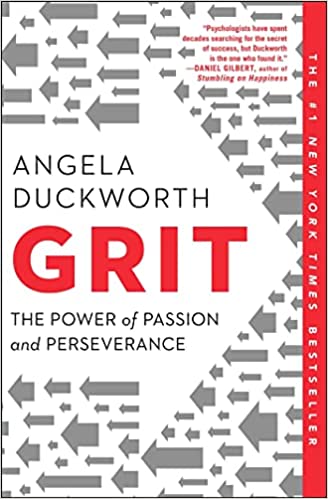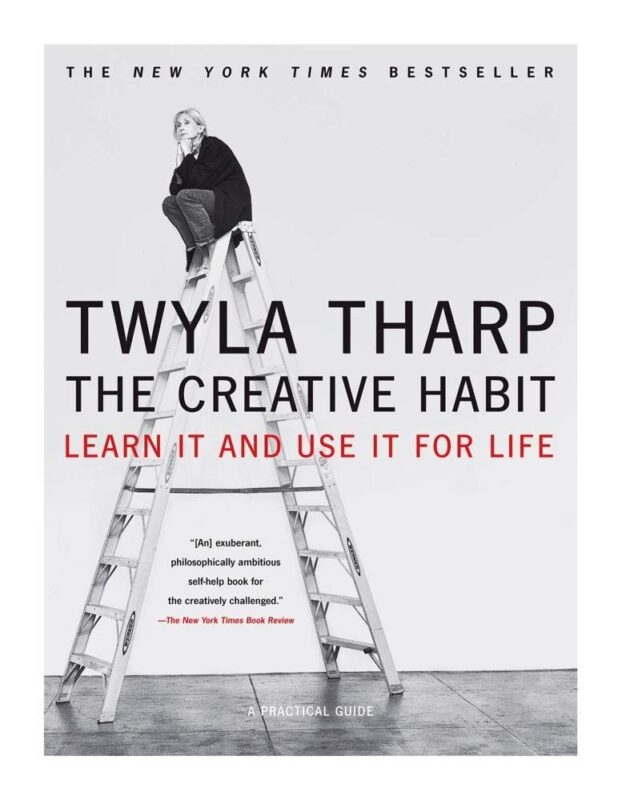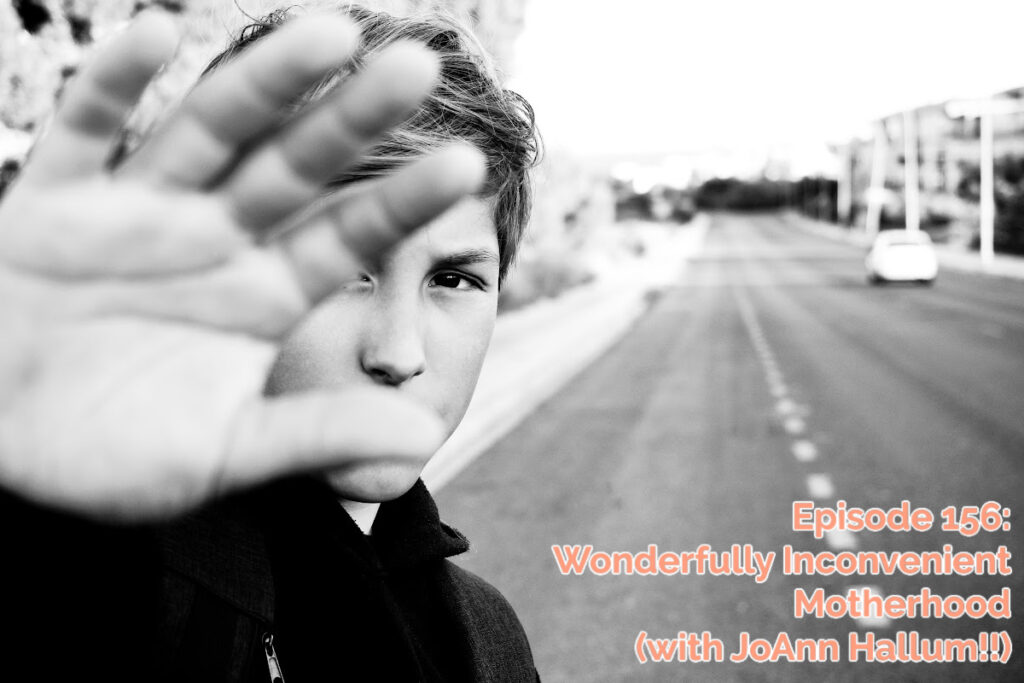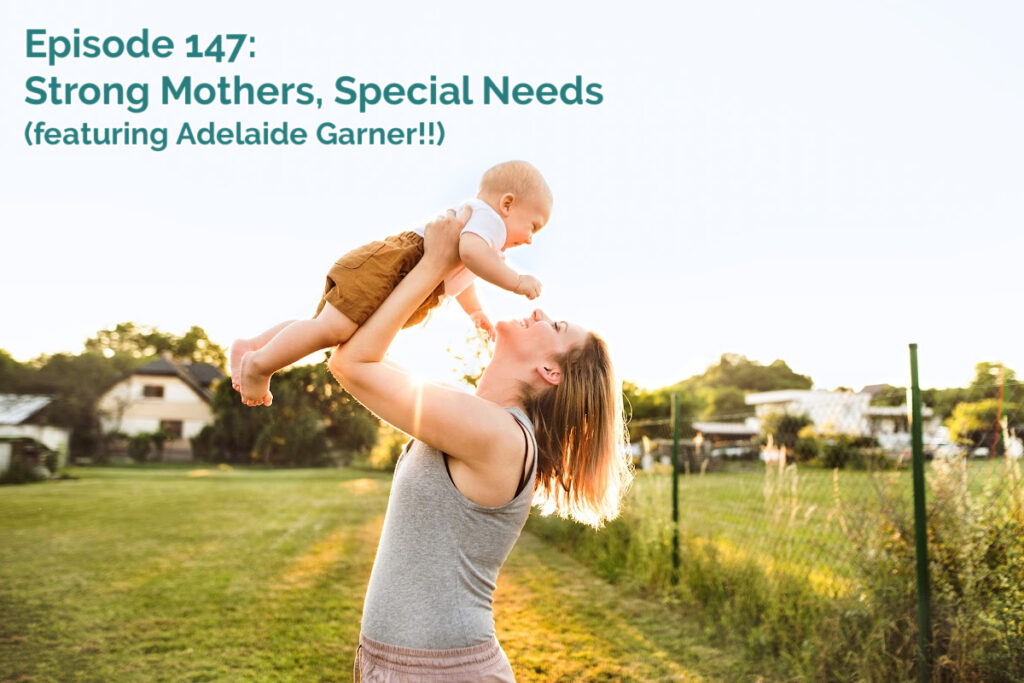SS #118 – Grit for Moms & Kids
Doing hard things is, well, hard. But doing hard things is super good for all people – including moms and kids. So how do we increase our tolerance and even our excitement for tackling challenges and overcoming reluctance? What do we do when we fear we’re actually wimps?
Today we are discussing the concept of grit. In preparation for this episode, we read an old article from Charlotte Mason’s magazine called “Grit, or Raising and Educating our Children” written in 1891 by someone named Mrs. Ward. The thesis of the article still applies today: today’s children don’t have grit, but they should, so here’s some ideas on training it.
Listen to the podcast:
TUNE IN:
Apple Podcasts | Spotify | Stitcher
Get more grit
Today’s Hosts and Source

Brandy Vencel
is low-energy due to health complications, but still very productive because she has grit.

Mystie Winckler
could get a whole lot more done if she had more grit and took Abby’s advice.

Abby Wahl
has overcome many challenges in her life and not only developed grit, but has learned to enjoy using her grit.
A certain amount of hardness and sternness is inculcated as necessary to the production of energy, self-reliance, self-control, endurance, and dignity–of everything, in fact, that is commonly summed up under the phrase “strength of character,” or in the Scotch term “grit.” And however much we may disapprove old-fashioned methods of promoting strength of character, we must still allow that any education which neglects it fails.
Mrs. Ward, “Grit, or Raising and Educating our Children“
Scholé Every Day: What We’re Reading
Two Old Women, Velma Wallis
Abby read this unique short story based on Native American Alaskan folklore.
Irreversible Damage, Abigail Shier
Mystie finished this TechTonic assigned book and is now passionate about showing our daughters how awesome it is to be women.
Amusing Ourselves to Death, Neil Postman
Brandy has enjoyed revisiting this book which was formative to her family’s early technology decisions.
What is grit?
We want to find the wise balance when it comes to toughness, because we don’t want to cross the line into abuse nor do we want to coddle our children. How do we know we’re in the sweet spot of grit? We have to start with a definition, of course!
Brandy defines grit similarly to Tallab’s concept of antifragility. Someone with grit can respond to a challenging or even terrible situation
The American Heritage Dictionary, besides the primary definitions relating to sand, calls grit ‘pluck.’
Other dictionaries define grit as bravery, strength of character, firmness of mind or spirit, or unyielding courage in the face of hardship or danger.
Grit is the ability to do hard things.
Abby defines grit as taking on a deliberate challenge and willingly suffering discomfort toward a purpose. Her definition is more active as opposed to Brandy’s antifragility.
James Clear’s definition of grit: “Grit is the perseverance and passion to achieve long–term goals.”
Froebel & Rousseau: Make Life Easy
Froebel, the bad guy in Mrs. Ward’s article, was an educator downstream of Rousseau, putting Rousseau’s ideas into practice. All the cool kid progressives of the day were on board with the newer, kinder, gentler approach to childrearing.
However, this newer, kinder, gentler approach wasn’t applying the fruit of the Spirit or basic decency to education. It was applying an erroneous anthropology: If kids never experience anything bad, they won’t become bad. If they only know goodness, sweetness, and light, they will be sweet and good.
The only problem is that that’s not actually how people work.
Today’s “snowplow parents” follow in this path. WebMD has this definition of snowplow parents: “Snowplow parenting, also called lawnmower parenting or bulldozer parenting, is a parenting style that seeks to remove all obstacles from a child’s path so they don’t experience pain, failure, or discomfort.”
However, a parent’s job is not to remove all difficulty from a child’s life. A parent’s job is to care for their children by preparing them for adulthood. You actually give your kids hard things to do so they learn and grow.
Should moms have grit?
There is no other way to pass on grit if you don’t have it yourself. If you try to give your kids something you don’t care about having yourself, you’re a hypocrite.
Grit is part of being a virtuous person. We don’t just learn grit because we want our kids to have it. We practice grit because it is a good in itself as humans to have mental toughness and endurance.
What are kids with grit like?
Tough kids keep going. They’re unsatisfied with failure. It’s not that they don’t fail; it’s that they will get up and try again when they fail.
Tough kids live under high expectations and are required to work hard. Abby’s kids have grit not just because they work hard on the farm, but also because they needed grit to learn how to read with dyslexia.
When things come easily to kids, they can be weak because they don’t know how to struggle toward a goal.
When a kid has increased their mental and physical strength, they also have confidence and less fear to try new things. Kids who are naturally good at things will tend to avoid new experiences when they aren’t sure they’ll succeed readily.
Grit and virtue
Grit is a kind of courage. Without courage, without grit, you can’t get virtue. Virtue takes effort and discomfort to develop. Grit is fortitude.
Courage is not simply one of the virtues, but the form of every virtue at the testing point.
C.S. Lewis
Coddling, however, develops weakness and ingratitude. Coddling is less about what material resources there are and how we parent and disciple our children in the midst of whatever resources we have.
Later on when a child has some command of language and can reason there are a few necessary everyday disagreeables which he should be expected manfully to face, such as going to bed, or picking up toys, or taking a coldish bath. A little assistance or encouragement in doing such things might be given, but wheedling and cajoling should be avoided.
Mrs. Ward
Training our kids in grit
Giving our kids grit takes grit as a mom. We have to endure discomfort if we’re going to give our kids the space and opportunity to struggle, especially if we thought our job was to make life comfortable for our kids.
A mom shouldn’t trick her kids into doing what is right. Blending vegetables into the brownies isn’t successful mothering.
Allow your kids to be uncomfortable. Help them be tough when they get hurt and get up and keep playing. We should be cautious about over-dispensing medical comfort. Kids can often wait to eat. Brandy learned grit because she grew up with chronic pain.
Moms have a myriad of opportunities to teach their kids patience, endurance, and self-control. Even the little things do add up and contribute to their character, one way or the other.
We have to be careful to not shield our kids from experiencing cause and effect. Rescue is not always good, but rather gives our kids learned helplessness.
The principle underlying these practical suggestions, which are, after all, but few and scattered, is plain and simple enough; it is this–that from the first a child’s own efforts, physical, mental, and moral, should be as intimately as possible associated with all that he gains of good and avoids of evil; he is in all respects to be treated as an active, independent, and more or less rational agent, so that he may early learn to feel his own controlled will a power in his small world.
Mrs. Ward
If kids never have to overcome any obstacles, they will not be prepared for life.
What does a mom with grit look like?
She has high, but reasonable expectations for her kids and doesn’t let them run all over her. Feminine isn’t frail. There is feminine strength, dignity, and capacity. She’s not controlled by her emotions, she holds her head high, and she works hard.
You can’t have grit without optimism and hope. Hope moves us to persevere. We laugh at the days to come and that enables our fortitude. We have faith and trust that God is working purposefully in suffering as he promises in Scripture.
We are far too easily pleased and much too obsessed with comfort. Comfort isn’t actually satisfying. Grit is embracing discomfort. Being uncomfortable isn’t always a problem we have to solve. Learn to deal without being a baby or complainer.
Read biographies of saints and missionaries to get perspective and inspiration.
Mentioned in the Episode
Listen to related episodes:
SS#156 – Wonderfully Inconvenient Motherhood
SS#147 – Strong Mothers, Special Needs (with Adelaide Garner!!)
SS #120 – Let Them Go: Parenting Teens (with Pastor Toby Sumpter!!)
SS #105: You’re Not the Boss of Me (Mom as Authority Figure)
















